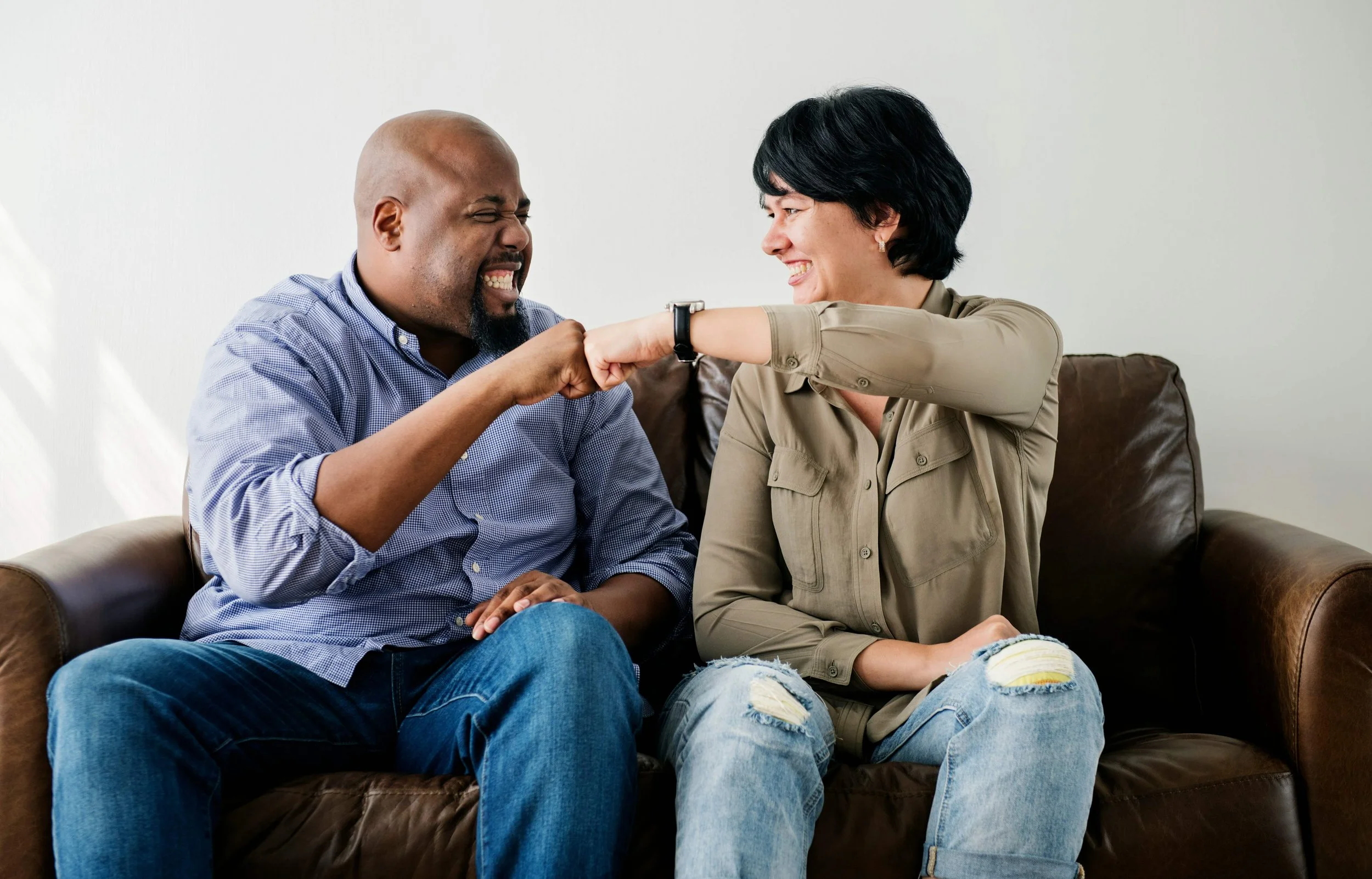How to Ask Your Partner to Go to Therapy Without Making It Feel Like a Blame Game
Why Suggesting Therapy Can Feel Difficult (And Why It’s Worth It)
Bringing up therapy with your partner can feel awkward, uncomfortable, or even scary. You don’t want them to think you’re blaming them, that you’re unhappy, or that the relationship is falling apart. But here’s the thing—therapy isn’t just for fixing problems. It’s for understanding each other better, learning new tools, and making your relationship stronger.
It’s normal to worry about how they’ll react. What if they get defensive? What if they take it the wrong way? Those fears are real, but the conversation is still worth having. If something isn’t working between you, ignoring it won’t make it better. Therapy isn’t a sign of failure—it’s a sign that you care enough to work on things.
How to Frame the Conversation with Love and Support
How you bring it up makes all the difference. If it sounds like an attack, they’re going to shut down. But if it comes from a place of care and teamwork, it can actually bring you closer.
Some ways to introduce it without making it feel heavy:
“I love us, and I want us to keep getting stronger. I think talking to someone could help us connect even more.”
“We both deserve to feel really good in this relationship. Maybe therapy could give us some tools to make things even better.”
“I’ve been thinking a lot about how we communicate, and I’d love to have a space where we can work through things in a healthy way.”
It’s not about pointing fingers. It’s about finding ways to grow together.
Using “We” Instead of “You”: Making Therapy About Growth, Not Blame
Nothing makes someone defensive faster than feeling like they’re being singled out. If you say, “You need therapy” or “You never listen to me, we need help,” it’s probably not going to go well.
Instead, try making it about both of you.
“I think we could really benefit from having a space to talk things through.”
“I’d love to understand each other better, and I think therapy could help.”
“We’ve been dealing with some tough stuff, and I want to make sure we handle it in a healthy way.”
The goal is to make therapy feel like a team effort, not a punishment.
Addressing Common Objections: What If They Refuse?
Not everyone is immediately on board with therapy. Some people see it as a last resort. Some think it means something is “wrong.” And some just don’t like the idea of opening up to a stranger.
If they push back, try to understand why.
If they think therapy is only for couples in crisis: “I get that, but a lot of happy couples go to therapy to stay connected and work through small things before they become big ones.”
If they don’t think it will help: “I hear you. But what if we just tried a session or two? No pressure, just to see how it feels.”
If they don’t like the idea of talking to a stranger: “I get that. But sometimes, having an outside perspective can really help us see things differently.”
They might not say yes right away. That’s okay. The important thing is to plant the seed, keep the conversation open, and let them process it in their own time.
When to Seek Therapy on Your Own (And Why It Can Still Help Your Relationship)
If they’re not ready for therapy, you can still go. And honestly? It can still make a big difference in your relationship.
Individual therapy can help you:
Sort through your own emotions and frustrations.
Learn new ways to communicate that might shift how your partner responds.
Figure out what you need in the relationship, with or without their participation.
And sometimes? Seeing you grow and change through therapy might make them more open to trying it, too.
You can’t force someone into therapy. But you can take steps to support yourself. And when you do that, it naturally shifts the energy in the relationship, whether they realize it or not.
If your partner isn’t ready, go anyway. You still deserve that space.

